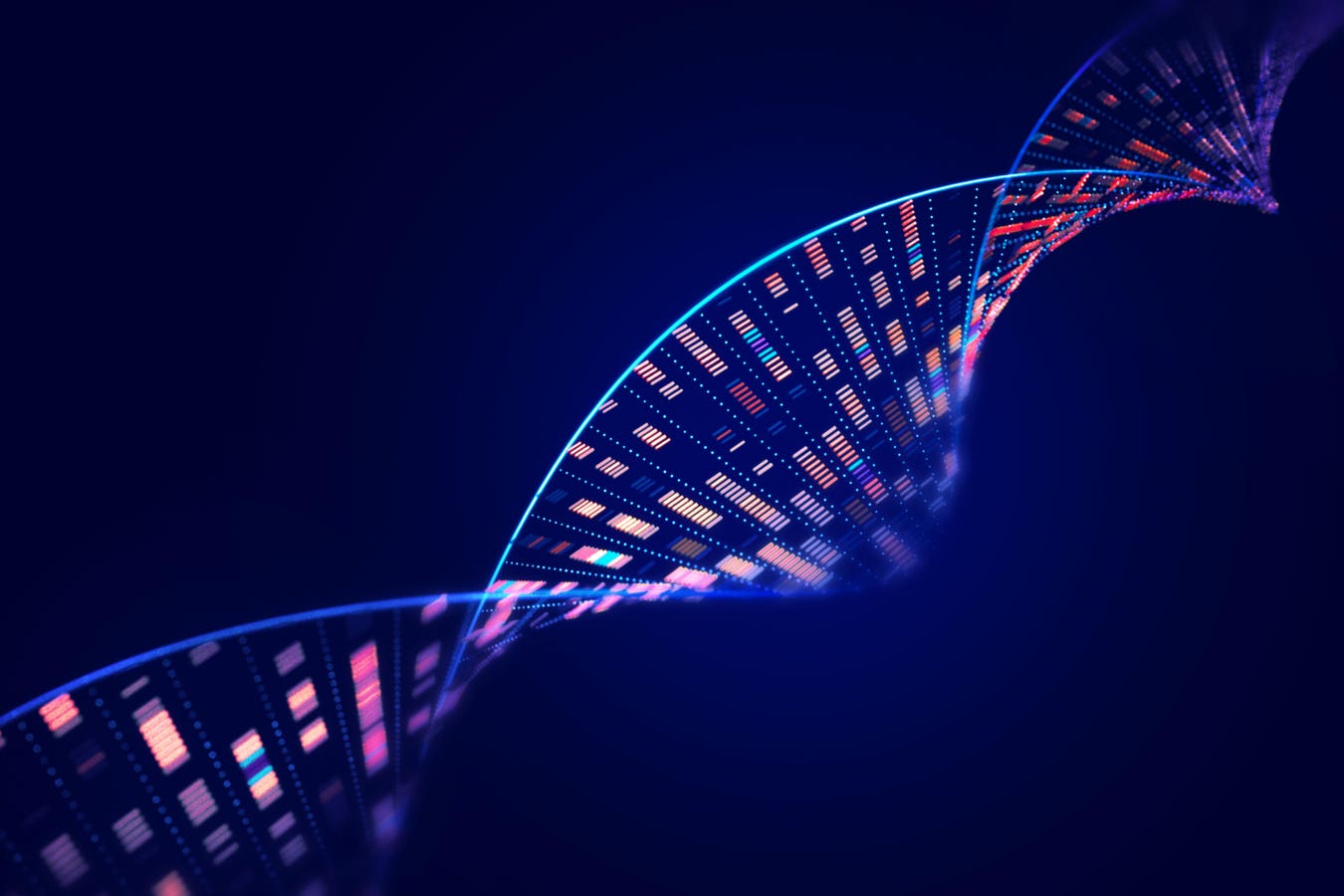There are two distinct types of prostate cancer, according to a new AI-driven study published today. The researchers claim that their work may open the door to more personalized therapies for people with the disease. The work was led by scientists at the University of Oxford and the University of Manchester in the U.K. and was published in the journal Cell Genomics.
Prostate cancer affects around 300,000 Americans annually, according to the American Cancer Society, with over 35,000 deaths from the disease expected in the U.S. this year. As with many types of cancer, available treatments work well for some patients with prostate cancer and not others.
Identifying who is likely to benefit from cancer treatments is a big focus of medicine at the moment. Oncologists want to avoid giving patients treatments that don’t work for them to spare them the disruption, toxic side effects and often financial burden of treatments. For prostate cancer, men who receive treatments can experience distressing side-effects such as impotence and incontinence, significantly affecting their quality of life.
Although genetic testing has helped some patients receive more tailored treatments, it is still not available to all patients and with some drugs, current tests available cannot predict whether they will work or not.
Using an AI technique called neural networks on prostate cancer samples from 159 patients, the new research found that there were two distinctly different ways that prostate cancer could evolve, terming these “evotypes.”
The evolution of cancers is a complex process which involves genetic changes to normal cells. Some cells need to acquire thousands of genetic alterations to eventually become cancerous, where others just need need a small number. These alterations can be mutations where there is something wrong with the normal genetic code, such as small or large gaps, incorrect pieces or even bits of DNA stuck together where they shouldn’t be. Other changes can be epigenetic, where the genetic code remains intact and as it should be, but genetic information is “read” in an aberrant way.
“This study is really important because until now, we thought that prostate cancer was just one type of disease. But it is only now, with advancements in artificial intelligence, that we have been able to show that there are actually two different subtypes at play,” said Professor Colin Cooper from the Medical School at the University of East Anglia in Norwich, U.K. who also contributed to the research.
“We hope that the findings will not only save lives through better diagnosis and tailored treatments in the future, but they may help researchers working in other cancer fields better understand other types of cancer too.”
The researchers believe that most cancers will have “evotypes” and are planning further analysis to identify these in different types of cancer. The finding combined with other information about each individuals disease, such as stage at diagnosis, could lead to more specific personalized medicine approaches, meaning that patients with cancer get more treatments that are likely to work for them and fewer that are not.
“We hope that the findings will not only save lives through better diagnosis and tailored treatments in the future, but they may help researchers working in other cancer fields better understand other types of cancer too,” said Professor Cooper.
Read the full article here





